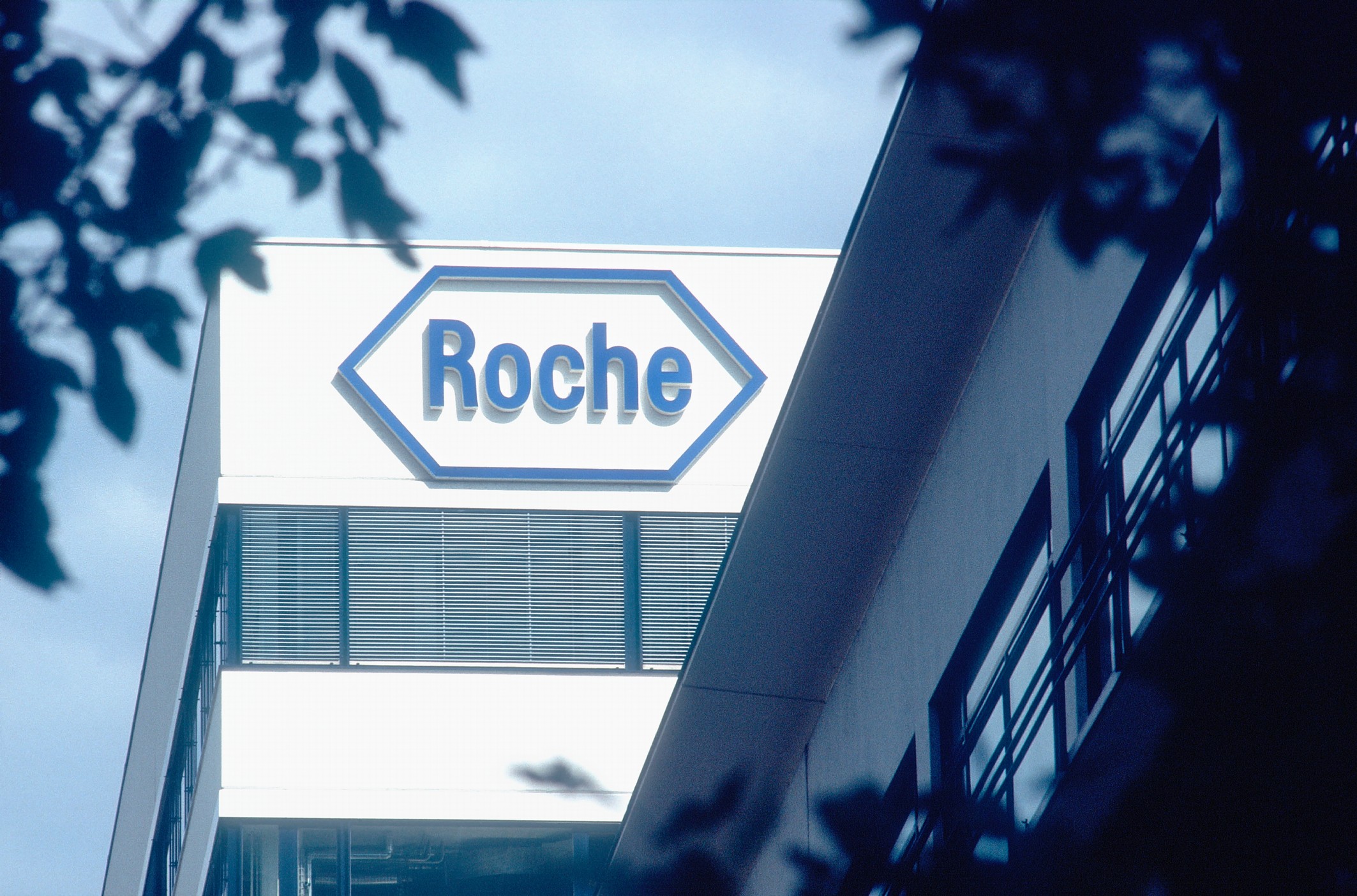
Patients diagnosed with multiple sclerosis will soon be able to access a new treatment option.
The Food and Drug Administration (FDA) on Tuesday granted approval to Roche’s MS therapy Ocrevus after a three month delay due to manufacturing issues.
Ocrevus was given the greenlight to treat relapse-remitting MS (RRMS) or primary progressive MS (PPMS), which is the rarer form of the neurological disease.
The agency made the decision after reviewing data from three phase 3 studies showing that Ocrevus was able to significantly slow disability progression and reduce disease activity in the brain better than placebo for PPMS patients while it also was able to suppress disease activity in the brain and reduce relapse rates by nearly half in patients with RRMS better than a rival product from Merck called Rebif.
“The FDA’s approval of OCREVUS is the beginning of a new era for the MS community and represents a significant scientific advance with this first-in-class B-cell targeted therapy”, said Roche’s Chief Medical Officer and Head of Global Product Development Sandra Horning, MD, in a statement.
“Until now, no FDA-approved treatment has been available to the primary progressive MS community, and some people with relapsing forms of MS continue to experience disease activity and disability progression despite available therapies. We believe OCREVUS, given every six months, has the potential to change the disease course for people with MS, and we are committed to helping those who can benefit gain access to our medicine,” continued Horning.
Ocrevus has the potential to be a formidable blockbuster drug because it is the first U.S. approved medicine for treating PPMS. It could generate $3.2 billion in sales for Roche becoming the primary force responsible for the company’s growth over the next few years, according to a report from business intelligence provider GBI Research.
The drug will have an annual list price of $65,000, reported FiercePharma.
Filed Under: Drug Discovery



